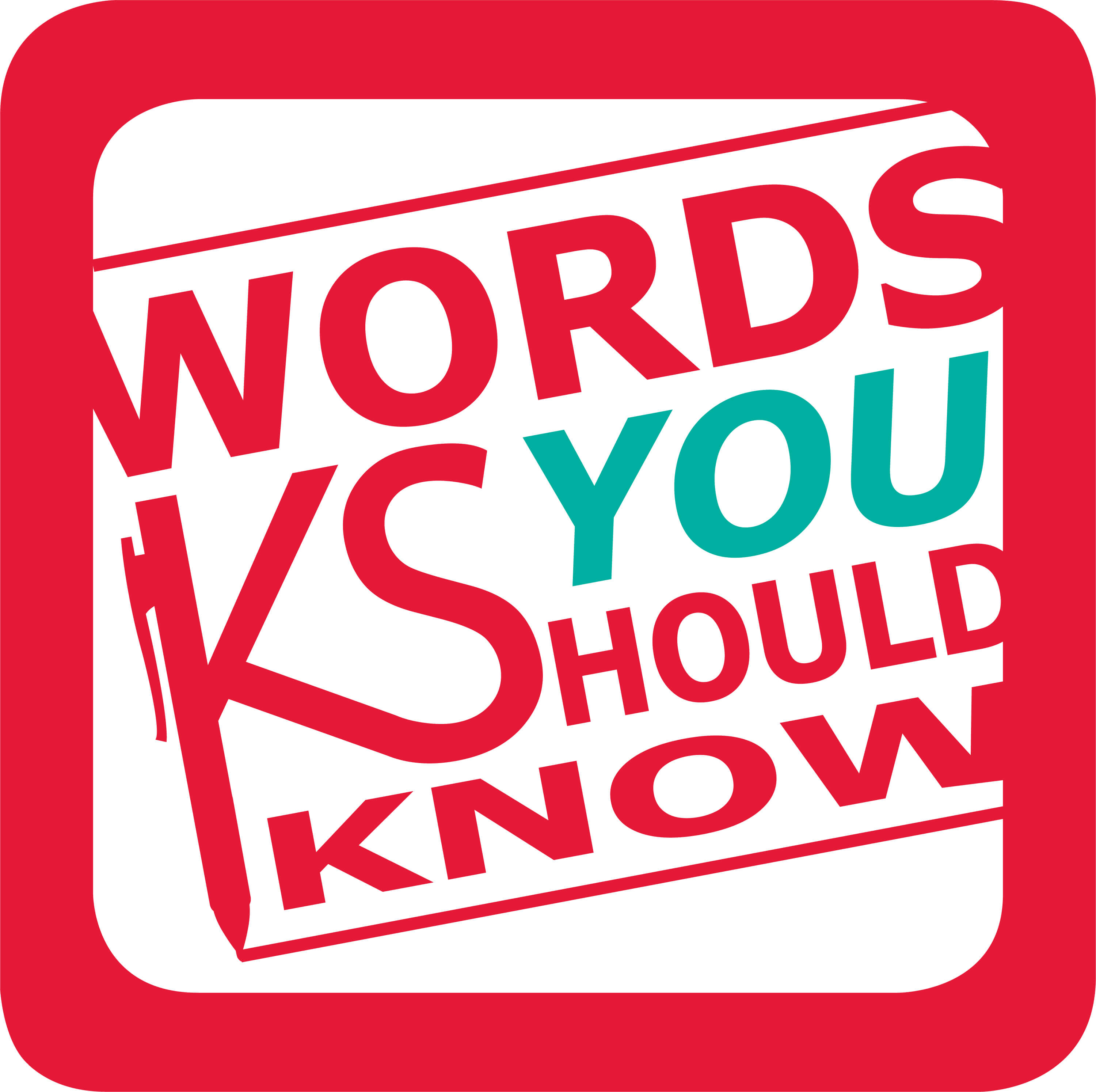
This is the start of season 2. How to start with that bang? Let’s talk Beyoncé, Gwen Stefani, and a classic Broadway show—and, of course, the words they use. You might not have known it, but they have a major disagreement on the usage of a phrase. Specifically, should it be “if I were” or “if I was”?
Today, we’re going to get down to the root of it, plus answer another big one that I know has been bothering you: Is it “ring in the new year” or “bring in the new year”?
It’s time to dive in.
Season 2, Episode 1 – When Grammar Goes Big: Beyoncé, Gwen Stefani & Broadway (Bringing in the New Year by Ringing in the New Year)
Podcast: Play in new window | Download
Approximate transcript:
If I were a rich man… If I were a boy… Whether you want to start this “if I was” vs. “if I were” conversation with Fiddler on the Roof or Beyoncé, it’s a conversation we need to have.
Let’s talk unreal conditionals and the subjunctive mood. Actually, no, let’s not. That doesn’t sound very exciting.
Let’s talk music and musicians who get grammar. More exciting? Almost. But bear with me.
You know that if you went to see your favorite band yesterday, you’d use verbs like this: “I was there”; “it rocked”; “he was bummed to miss that solo”; “you were amazing on the drums.”
But if it wasn’t a real show—a pretend show, a show you’re dreaming about existing but that doesn’t, a hypothetical or unlikely show—you’d swap up your word choice like this: “If I were there”; “if he were there”; “if they were there.”
I were… are you cringing? Deep breath. It’s what you need here, whether you like it or not.
In unreal conditionals (darn it, I didn’t mean to let that slip in again!), you’ll often see words like “would” or “ought to.“ For example, “If asked, I would step up to the stage” or “If given the opportunity, she would have blown them all away.” But when you need the verb “to be” following that “if” in these unreal situations, it always remains “were,” even when you’re working with subjects like “I” or “he,” which typically pair with a “was.” This leads to phrases like “if I were lead singer” and “if it were my birthday.”
If I were a carpenter… If I were your woman… Personally, I’m impressed that so many artists get it right. Then there’s Gwen Stefani, who went rogue in If I Was a Rich Girl, a remix of the Fiddler on the Roof classic. The gender swap, I get, but the verb swap…? Why, Gwen, why? You just confused a generation.
Is it because the “if I was a rich girl” isn’t a hypothetical in her situation? She is indeed rich, so it’s not an unreal conditional? It’s real? Honestly, I think it’s a mistake, but we can pretend she’s just going to grammar levels over all of our heads.
As for the rest of us, know your “if I was” vs. “if I were” and own it. Whether you’re on stage, in the recording studio, or maybe just belting out your favorite jam in the shower.
And since dreams and perhaps even goals might be on your mind right now, let’s shift to a different question.
Well, I hate to say it, but you’re both right. Though only different by a single letter, both expressions are recognized as standard. “Ringing in the new year” refers to the old tradition of celebrating beginnings and endings with bells—à la Alfred Lord Tennyson’s 1850 poem “Ring Out, Wild Bells.” On the other side of things, “bringing in the new year” references ushering in the new beginning. Thus, you can bring in the new year by ringing in the new year. How’s that for a fun answer to the debate?
Interesting side note: did you know New Year resolutions date back to ancient Babylon when people made good behavior promises to the gods? Any big promises you’re making this year?
Happy New Year, folks, and happy writing!
Join 750+ subscribers and sign-up for my writing and editing email newsletter for more tips like this. Or, of course, there’s always the book, Get a Grip on Your Grammar: 250 Writing and Editing Reminders for the Curious or Confused.
And don’t forget to subscribe to this podcast (via Apple Podcasts, Android, Google Podcasts, Stitcher, or RSS) so you’ll never miss out on another word you should know. Many thanks to those of you who have taken the time to rate my show on iTunes or wherever you listen.
Words. Language. Communications. You’ve got this.
